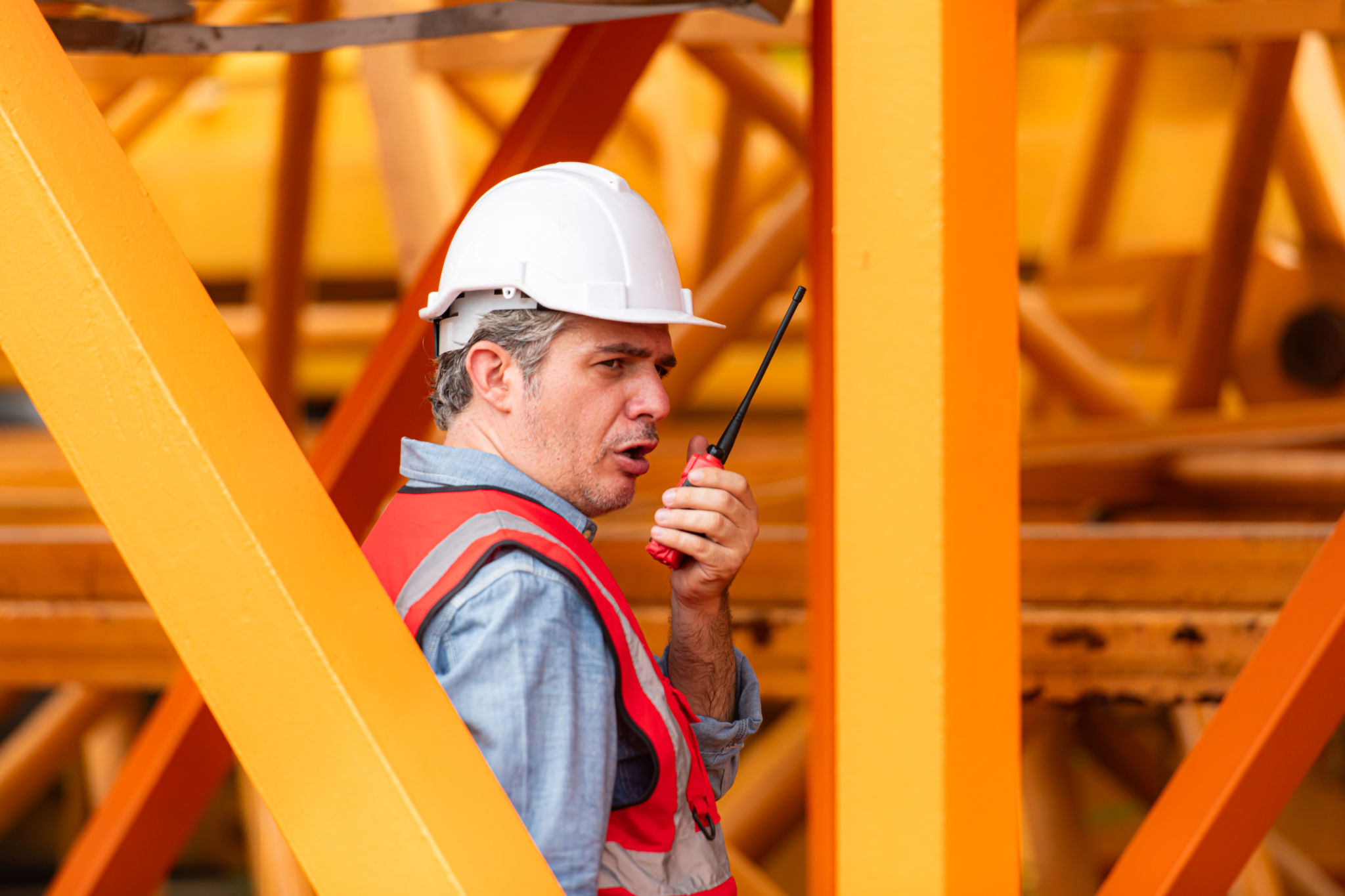Common Misconceptions About Crane Training and CCO Certification
KM
Understanding Crane Training and CCO Certification
Crane training and CCO (Certified Crane Operator) certification are essential components in ensuring workplace safety and operational efficiency in industries involving heavy lifting. Unfortunately, several misconceptions surround these training programs and certifications, which can lead to confusion and misinformed decisions. In this blog post, we aim to clarify these misconceptions and provide a clearer understanding of what crane training and CCO certification entail.

Misconception 1: Crane Training Is Only About Operating the Equipment
One common misconception is that crane training focuses solely on teaching operators how to maneuver cranes. In reality, comprehensive crane training covers a wide array of subjects including safety protocols, load management, equipment maintenance, and legal requirements. This holistic approach ensures that operators are well-prepared to handle various scenarios on the job site.
Moreover, operators are trained to identify potential hazards and implement preventive measures. This knowledge is crucial for minimizing risks and preventing accidents that could lead to injuries or equipment damage.
Misconception 2: CCO Certification Is Unnecessary if You Have Experience
Another misconception is that experienced operators do not need CCO certification. While hands-on experience is invaluable, formal certification provides an additional layer of credibility and assurance of competence. CCO certification is nationally recognized and demonstrates that an operator meets specific standards of proficiency and safety.

Employers often prefer certified operators because it reduces liability and enhances workplace safety. It also ensures compliance with industry regulations, which can vary depending on the location and type of operation.
Misconception 3: Once Certified, No Further Training Is Needed
Some individuals believe that once they obtain their CCO certification, they no longer need further training. However, regulations and technologies evolve over time, making continuous education vital for staying current. Many industries require operators to undergo periodic refresher courses or additional training to maintain their certification.
Misconception 4: CCO Certification Guarantees a Job
While having a CCO certification certainly enhances job prospects, it does not guarantee employment. Employers look for a combination of certification, hands-on experience, and soft skills such as communication and teamwork. Networking within the industry and gaining additional endorsements can further improve job opportunities.

In conclusion, understanding the nuances of crane training and CCO certification is crucial for both operators and employers. By addressing these misconceptions, individuals can make informed decisions about their career paths and ensure adherence to safety standards. Continuous education and certification not only enhance personal development but also contribute significantly to the safety and efficiency of operations involving cranes.
